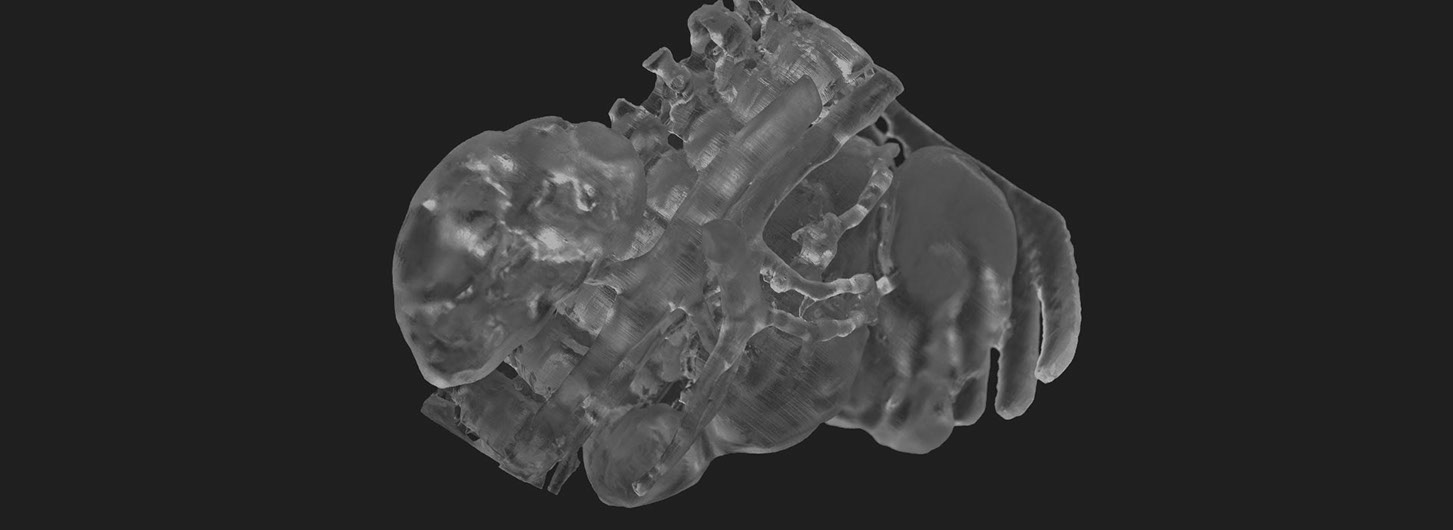3D FORMX
What is Finishing?
As the name suggests, finishing is the final stage of production, and comes after manufacturing itself. At 3D FormX we offer a wide range of finishing services, including painting, anodizing, and vapor polishing. Our finishing teams are able to adapt to highly specific requirements and have access to a wide range of advanced technologies, allowing for almost limitless customization at the finishing phase.
Services Available
Painting
This is far more complex than simply slapping on a coat of paint. The slightest imperfections introduced at the painting phase can spoil a product, and it is important to ensure total uniformity across a run. Painting takes place under laboratory conditions in a climate controlled chamber. A wide variety of paint finishes are available, including matte, gloss, semi-gloss, and metallic.
Colour Matching
We are very aware of the importance of getting an exact match with the intended color. Painting always takes place under a controlled environment with constant lighting and climatic conditions which can avoid some of the common issues when matching visually from a sample. Aside from matching from a physical sample, we are also able to achieve exact matches from Pantone colors.
Sanding and Polishing
We are able to provide highly customized finishes ranging from mirror polishing to rough sanding. Sanding can also be used to prepare a product for different paint finishes, such as matte.
Vapor Polishing
This is an advanced technique for ironing out tiny imperfections, even in difficult to reach areas. The surface of the plastic is blasted with chemical vapor which causes the immediate surface to melt, but only to a tiny depth. As it rehardens, any small imperfections disappear and the finish is smooth and uniform. Note this technique is only available for plastics.
Blasting
Blasting is a simple but effective method of finishing, and comes in many forms and variations. Manufactured parts and products can be blasted by grit, water, or any number of other materials in order to achieve specific results.
Pad Printing
This is used to print a 2D pattern on surfaces that would otherwise be difficult to print on, for example on convex or concave surfaces. It works by transferring material (usually ink or dye) via an etched area on a silicone pad. When the pad is pressed against a surface the material leaves the pad and is transferred across. Other printing techniques offer by 3D FormX include silk-screening.
3D FORMX
CONNECT WITH US
Copyright © 2018 3D FormX, Inc. All rights reserved.
